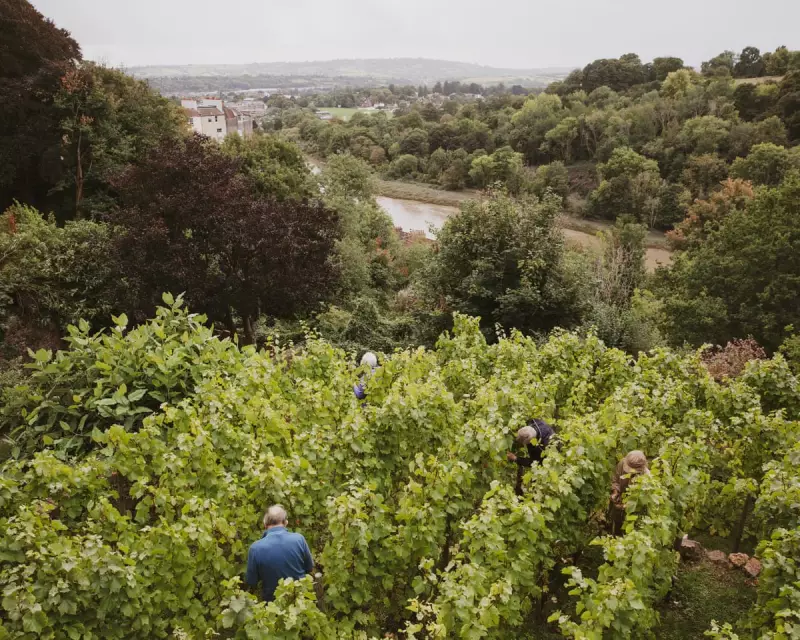
In the unlikeliest of places, a quiet revolution is fermenting across Bristol's urban landscape. Homeowners are trading manicured lawns for productive vineyards, bringing the ancient art of winemaking to the heart of Britain's seventh-largest city.
From Garden Shed to Wine Cellar
What began as a niche hobby has blossomed into a full-blown movement, with residents across Bristol converting their outdoor spaces into miniature vineyards. These urban vintners are proving that you don't need rolling hillsides or Mediterranean climate to produce quality wine.
The Joy of Grape Stomping
Perhaps the most charming aspect of this trend is the revival of traditional foot-stomping techniques. Families and friends gather in gardens as grapes are crushed the old-fashioned way, creating not just wine but lasting memories and community connections.
"There's something magical about feeling the grapes between your toes," shares Sarah Wilkinson, whose Clifton garden now produces enough wine for family celebrations. "It connects us to centuries of winemaking tradition while creating something uniquely ours."
Why Bristol's Climate Works
Bristol's microclimate, sheltered by surrounding hills and benefiting from warmer temperatures than much of Britain, provides surprisingly good conditions for grape growing. Urban vintners are cultivating varieties like Pinot Noir, Chardonnay, and Bacchus that thrive in the city's unique environment.
The Practicalities of Urban Viticulture
- Space optimisation: Even small gardens can accommodate several vines
- Vertical growing: Utilising walls and trellises to maximise production
- Community sharing: Neighbours pooling resources and knowledge
- Sustainable practices: Many growers use organic methods
More Than Just Wine
This movement represents something deeper than alcohol production. It's about reconnecting with nature, understanding where our food and drink come from, and building community through shared activities.
Local wine-making workshops have seen attendance triple in the past year, with waiting lists forming for courses on pruning, fermentation, and blending techniques.
The Future of Urban Winemaking
As climate change gradually warms southern England, experts predict urban viticulture could become increasingly viable across more UK cities. Bristol's backyard vintners are at the forefront of this exciting development, proving that great wine can come from unexpected places.
What began as isolated experiments has grown into a network of urban winemakers sharing knowledge, cuttings, and occasionally, the fruits of their labour at impromptu garden tastings.





